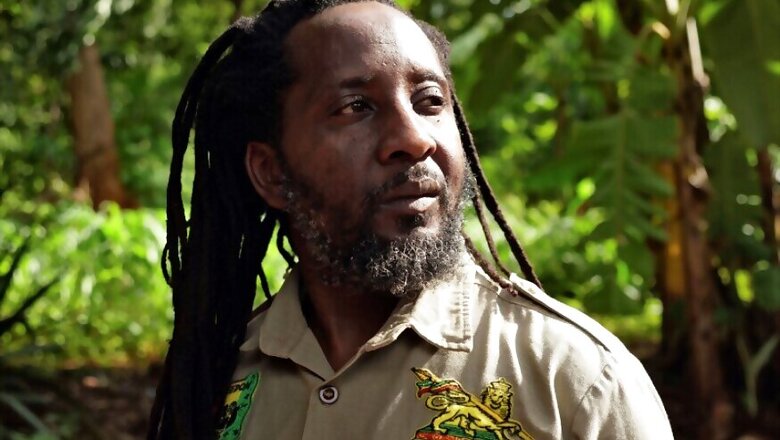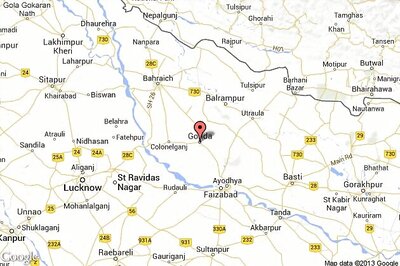
views
Zomba (Malawi): Malawi's Rastafarians are cheering a court ruling that will allow their children to go to school with dreadlocks.
Rastafarianism was upheld as a religion and banning dreadlocks - a Rasta religious symbol - is now unconstitutional.
The ruling was a vindication for Ali Mcroy Nansolo, who lives beneath a mountain peak called the "Emperor's View" in honour of a visit by former Ethiopian ruler Haile Selassie.
Like other Rastafarians, Nansolo believes Selassie was a prophet descended from the biblical King Solomon, sent by God to liberate black Africans from colonialism.
But until last week, Malawi's couple of thousand Rastas were still awaiting liberation from a peculiar legacy of it: a ban on dreadlocks in Malawi's British-modelled state school system.
That came when the High Court ruled on January 14. "Our constitution is clear, it gives everyone the right to education ... without discrimination," said Nansolo, sitting beneath a portrait of the emperor.
For more than a decade the 45-year-old father of five had campaigned, written letters to school teachers, lobbied the education minister and organised protests.
He travelled to the capital Lilongwe to meet ministry officials, who told him they could do nothing.
"They used to say: 'you Rasta children, go back. No class for you until you cut back the dread," recalled his son Ishmael, now 18.
Nansolo, a dress maker and part time actor, found lawyers to fight the case. A court ruled in their favour in 2017, allowing Ishmael to go to school - albeit very late. Emboldened, Nansolo sought a more general ruling for all children of Jah, as Rastafarians call God.
The movement's blend of Old Testament prophecy and pan-African nationalism has its roots in the Caribbean diaspora, but its dreadlocked adherents can be spotted across the continent from Zanzibar to Senegal.
Nansolo joined in the 1980s, converting from Islam after being inspired by the reggae music he loved.
Despite Rastafarianism's enthusiasm for Africa, it has not always been treated kindly by African governments. Rastas have faced persecution, even in their revered Ethiopia, and their use of marijuana used as a pretext to lock them up.
In Malawi's main city Blantyre, Ras Wisdom Mbewe's daughter, Makeda, now eight, was banned from school when her hair began to matt at the age of five. This week she re-starts school.
"After a lengthy discussion, she has been cleared to resume classes," her beaming father told Reuters.



















Comments
0 comment